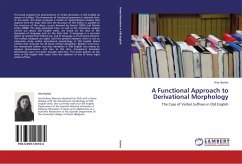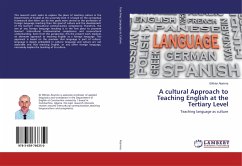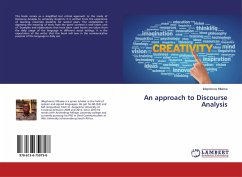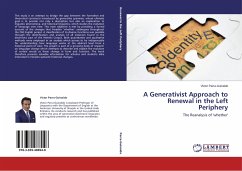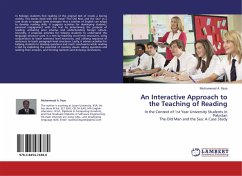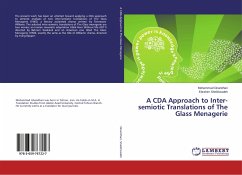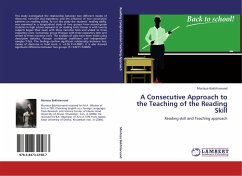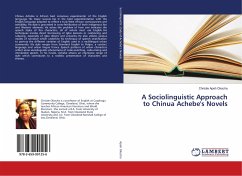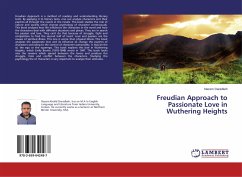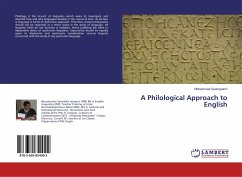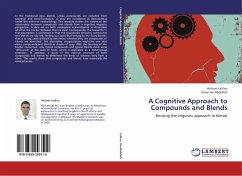
A Cognitive Approach to Compounds and Blends
Revising the linguistic approach to blends
Versandkostenfrei!
Versandfertig in 6-10 Tagen
32,99 €
inkl. MwSt.

PAYBACK Punkte
16 °P sammeln!
In the traditional view, blends, unlike compounds, are excluded from grammar and word-formation, so they are considered as dichotomous under the either-or methodology. This research studies the nature of the relationship between compounds and blends from a cognitive linguistic perspective. A data set on both neologisms is investigated to determine whether the border between them is clear. Consequently, the researcher s first assumption is confirmed in that the boundaries between compounds and blends are blurred, finding out cases that belong to the fuzzy border; that is to say, cases difficult...
In the traditional view, blends, unlike compounds, are excluded from grammar and word-formation, so they are considered as dichotomous under the either-or methodology. This research studies the nature of the relationship between compounds and blends from a cognitive linguistic perspective. A data set on both neologisms is investigated to determine whether the border between them is clear. Consequently, the researcher s first assumption is confirmed in that the boundaries between compounds and blends are blurred, finding out cases that belong to the fuzzy border; that is to say, cases difficult to determine whether they are compounds or blends are identified. The alternative categorization might be one that views compounds and blends as shades of grey. With the blurring of the border concerned, only typical compounds and typical blends show some difference at the level of form, which is explicated as a metonymical extension. In addition, a study of the internal structure of both compounds and blends to determine the kinds of schemas they have is done. The results show that compounds and blends have essentially the same schemas.



